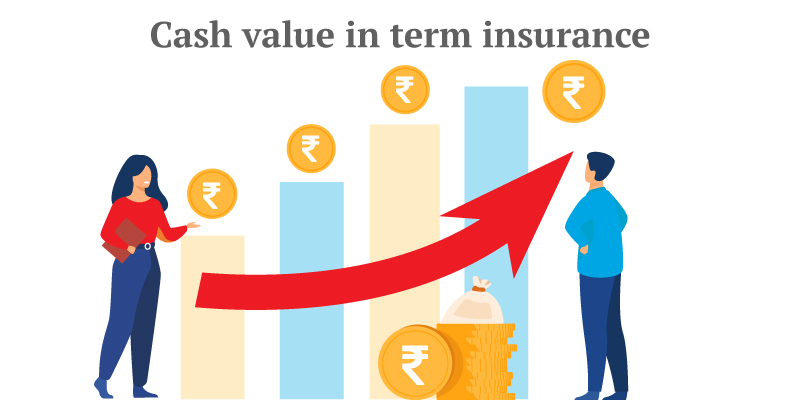Disclaimer: Content Source The content on this website is for informational purposes only. We would like to clarify that the information provided here is sourced from various publicly available outlets on the internet. None of the content on this website is authored, reviewed, or endorsed by our team.
Cash value life insurance refers to a type of life insurance policy that includes a cash value component in addition to the death benefit. This type of insurance combines a death benefit, which provides a payout to beneficiaries upon the policyholder’s death, with a cash accumulation feature that grows over time.
Here are the key features of cash value life insurance:
- Death Benefit:
- Like all life insurance policies, cash value life insurance provides a death benefit. This is the amount paid to the beneficiaries upon the death of the policyholder.
- Cash Value Accumulation:
- A portion of the premiums paid by the policyholder goes into a cash value account. This account accumulates cash over time and earns interest or returns based on the performance of underlying investments, depending on the type of cash value policy.
- Investment Component:
- Some cash value life insurance policies, such as variable life insurance and indexed universal life insurance, allow policyholders to invest the cash value in various investment options. The returns are linked to the performance of these investments.
- Tax-Deferred Growth:
- The cash value in these policies grows on a tax-deferred basis. This means that policyholders are not taxed on the earnings within the cash value account as long as the money remains inside the policy.
- Policy Loans and Withdrawals:
- Policyholders may have the option to borrow against the cash value of the policy through policy loans. They can also make partial withdrawals. However, these actions may affect the overall death benefit and could have tax implications.
- Premium Flexibility:
- Depending on the type of cash value policy, policyholders may have some flexibility in adjusting premiums or the death benefit over time.
There are several types of cash value life insurance policies, including:
- Whole Life Insurance: Provides a guaranteed death benefit and cash value accumulation. Premiums are typically fixed.
- Universal Life Insurance: Offers more flexibility in premium payments and death benefit adjustments. The cash value is tied to interest rates.
- Variable Life Insurance: Allows policyholders to invest the cash value in a variety of sub-accounts, typically linked to the performance of stocks and bonds.
- Indexed Universal Life Insurance: The cash value is tied to the performance of a stock market index, providing potential for higher returns.
Cash value life insurance can be a suitable option for individuals looking for both life insurance coverage and a savings or investment component. However, it’s essential to carefully consider the costs, potential returns, and policy terms before purchasing such a policy. Consulting with a financial advisor can help you understand whether cash value life insurance aligns with your financial goals and needs.





